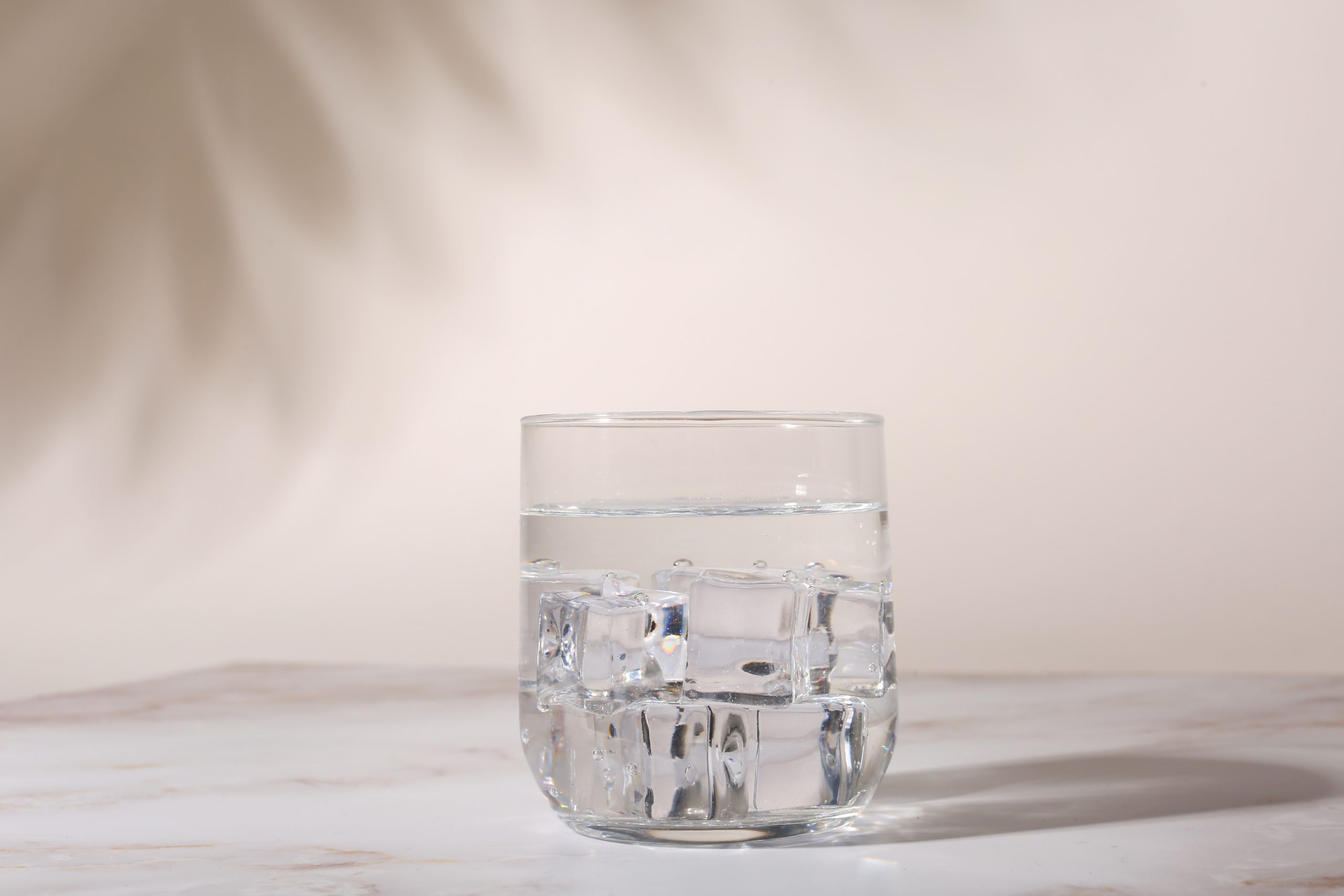Introduction:
Water is vital for our health and well-being, but there are numerous myths and misconceptions surrounding how much water we should drink each day. One of the most prevalent beliefs is that we need to consume eight cups of water daily to stay properly hydrated. In this article, we will debunk this myth and explore the actual water requirements for maintaining optimal hydration.
The Origin of the 8-Cup Rule:
The idea that we need to drink eight cups of water a day can be traced back to a misinterpretation of a guideline set forth by the Institute of Medicine (IOM) in 1945. However, this guideline did not specify that all eight cups must come from drinking water alone. It included water obtained from various sources, including beverages and food.
Individual Hydration Needs:
The truth is, there is no universally applicable water intake recommendation that suits everyone. Our hydration needs vary based on factors such as age, body weight, physical activity, climate, and overall health. While some individuals may require more water, others may need less. It’s essential to consider these factors and listen to your body’s signals to determine your personal hydration needs.
Thirst as a Reliable Indicator:
One of the most reliable indicators of our hydration status is thirst. Thirst is our body’s way of signaling that we need fluids. Instead of strictly adhering to a specific water quota, it is more beneficial to pay attention to your thirst cues and drink when you feel the need. Our bodies are remarkably adept at regulating hydration levels if we tune in and respond accordingly.
Water from Various Sources:
While drinking plain water is an excellent way to hydrate, it’s important to note that water can come from a variety of sources. Fruits, vegetables, soups, and other beverages also contribute to our daily water intake. Consuming a balanced diet rich in water-rich foods can significantly contribute to our overall hydration.
Hydration Beyond 8 Cups:
It’s a common misconception that we can only stay hydrated through drinking water. In reality, the foods we eat also contain water and contribute to our overall hydration. Foods with high water content, such as watermelon, cucumbers, and lettuce, can provide hydration alongside other essential nutrients.
Factors Influencing Hydration Needs:
Several factors can influence our hydration needs. Physical activity, hot weather, high altitudes, and certain medical conditions increase fluid loss and may require increased water intake. It’s important to be mindful of these factors and adjust your water consumption accordingly to maintain optimal hydration.
Monitoring Hydration:
Monitoring your hydration status is essential to ensure you’re meeting your body’s needs. Observing the color of your urine can offer insights into your hydration level. Clear or light yellow urine generally indicates adequate hydration, while darker urine may suggest the need for increased fluid intake. However, it’s important to consider other factors that can affect urine color, such as certain medications and foods.
Practical Hydration Tips:
To maintain optimal hydration, consider the following tips:
- Carry a reusable water bottle with you throughout the day as a reminder to drink.
- Drink water before, during, and after physical activity to replenish fluids lost through sweat.
- Consume a variety of fruits and vegetables with high water content to supplement your hydration.
- Listen to your body’s thirst signals and drink when you feel the need.
Conclusion:
The belief that we need to consume eight cups of water a day is a common misconception. Hydration needs vary based on individual factors, and thirst is a reliable indicator of when and how much water we need. It’s important to stay mindful of factors that influence hydration, consume water-rich foods, and listen to our body’s signals to maintain optimal hydration. By debunking the myth and understanding our unique hydration needs, we can better support our overall health and well-being.




